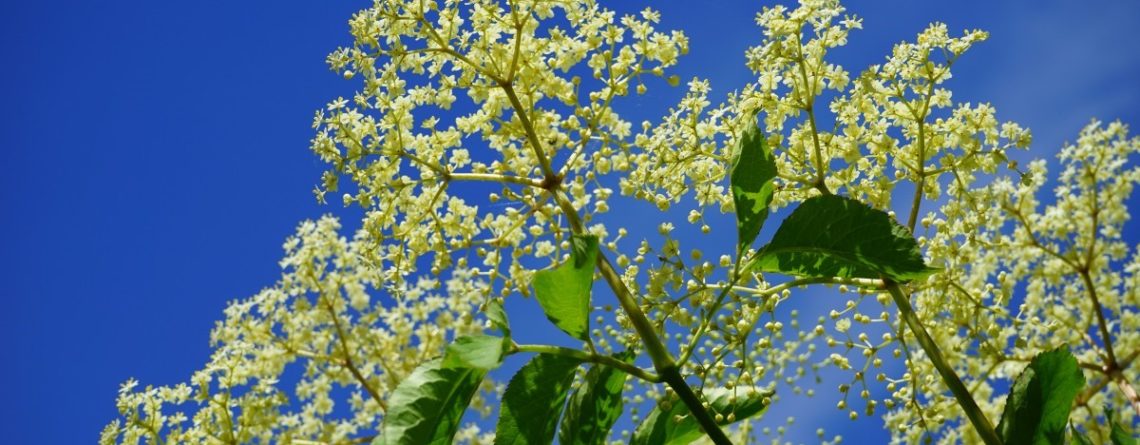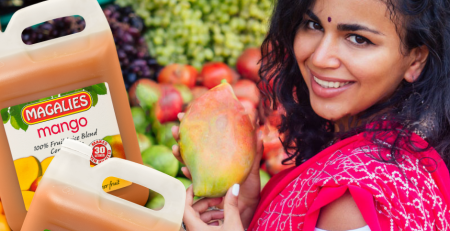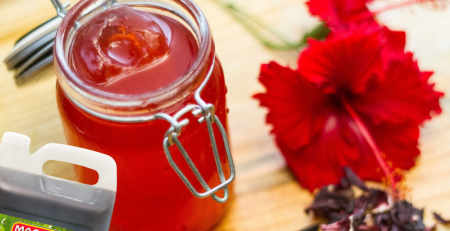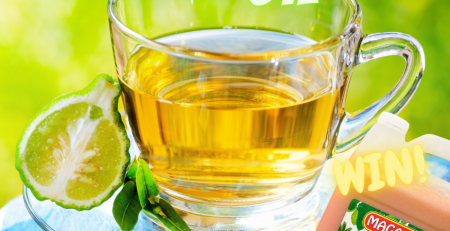‘E’ is for Elderberry & Elderflower!
by Dr Marli Botha
If elderflower and elderberry sound pretty similar, that’s because they are both from the same plant species. The shrub itself is called elderberry, also known as Sambucus nigra. Medicinal parts of the elderberry plant include the flowers and berries. The flowers and berries of the shrub are both used in food and natural health remedies.
Elderflower is an effective herbal allergy remedy. According to researchers at the Maryland Medical Centre, both elderflower and elderberry contain powerful phytonutrients, including antioxidants that reduce inflammation. Research suggests that inflammation is one trigger that can cause the body’s immune system to go into “overdrive” – exacerbating the body’s overreaction to allergens and worsening the allergy cycle. By reducing inflammation, elderflower helps to stop the body’s immune response before it gets out of control. Elderflower benefits also as a detoxification aid, enhancing liver function and causing the body to sweat out toxins. (http://aedrops.com/define-elderflower-elderberry-comparison/)
At the Bundesforschungsanstalt research centre for food in Karlsruhe, Germany, scientists conducting studies on Elderberry showed that elderberry anthocyanins enhance immune function by boosting the production of cytokines. These unique proteins act as messengers in the immune system to help regulate immune response, thus helping to defend the body against disease. Further research indicated that anthocyanins found in elderberries possess appreciably more antioxidant capacity than either vitamin E or vitamin C. Elderberry juice was used to treat a flu epidemic in Panama in 1995. (http://www.herbwisdom.com/herb-elderberry.html)
Most species of Sambucus berries are edible when picked ripe and then cooked. Both the skin and pulp can be eaten. However, it is important to note that most uncooked berries and other parts of plants from this genus are poisonous. Sambucus nigra is the variety of Elderberry that is most often used for health benefits as it is the only variety considered to be non-toxic even when not cooked, but it is still recommended to cook the berries at least a little to enhance their taste and digestibility. (http://www.health24.com/Natural/Herbs/Herbs-a-z/Elderberry-and-elder-flower-Sambucas-nigra-L-20120721)












